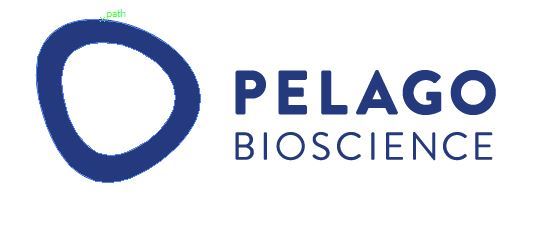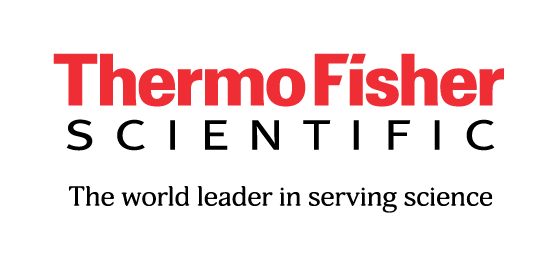Position title: Postdoctoral Researcher to Medical Bioinformatics Centre
Company: University of Turku
Location: Turku, Finland
Summary of position:
Are you interested in applying artificial intelligence and high-performance computing in medical research? Join our research group to explore how molecular factors influence diseases and how they can be used in developing new treatment strategies.
Turku Medical Bioinformatics Centre (https://elolab.utu.fi) at Turku Bioscience Centre is seeking a postdoctoral researcher to join our Research Council of Finland project that develops and applies artificial intelligence and high-performance computing to analyze large-scale omics datasets. A special focus is to develop a high-performance computing framework for mass spectrometry proteomics to enhance efficient processing and interpretation of large datasets using deep learning algorithms and GPU computing.
The overall aim of the project is to identify molecular factors influencing disease development and investigate how this understanding can be utilized in advancing treatments for immune-mediated diseases and cancer. The position offers the opportunity to contribute to medical research with potential major impacts on human health.
The position is fixed-term until 31 December 2027. The employment will start in January 2026 or as agreed.
Link to full description: https://ats.talentadore.com/apply/tutkijatohtori-laaketieteellisen-bioinformatiikan-keskukseen/m7lR7a?lang=en&UTUID=21038
Contact information:bioinformatics-coordinator@utu.fi



.png)
















